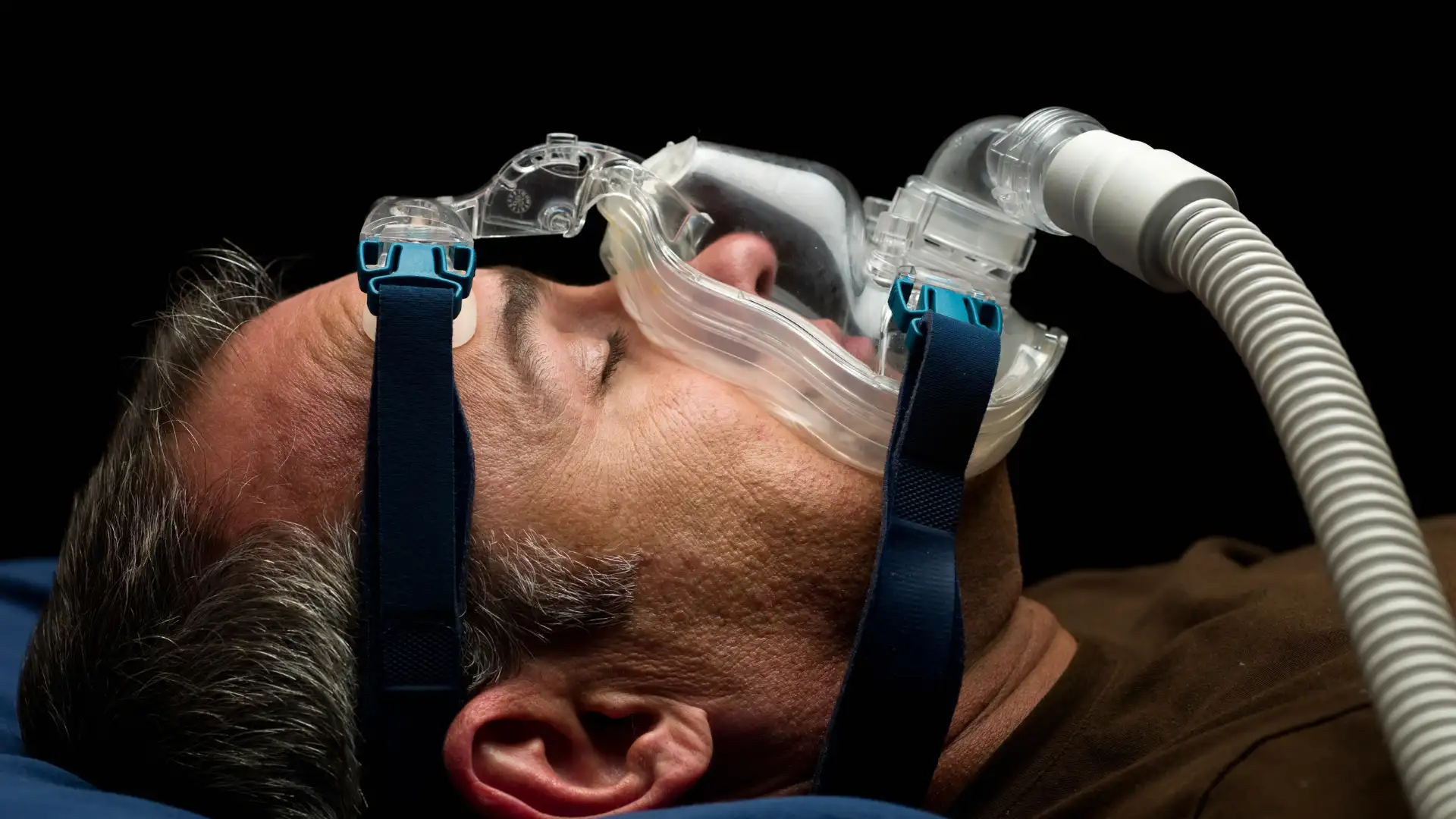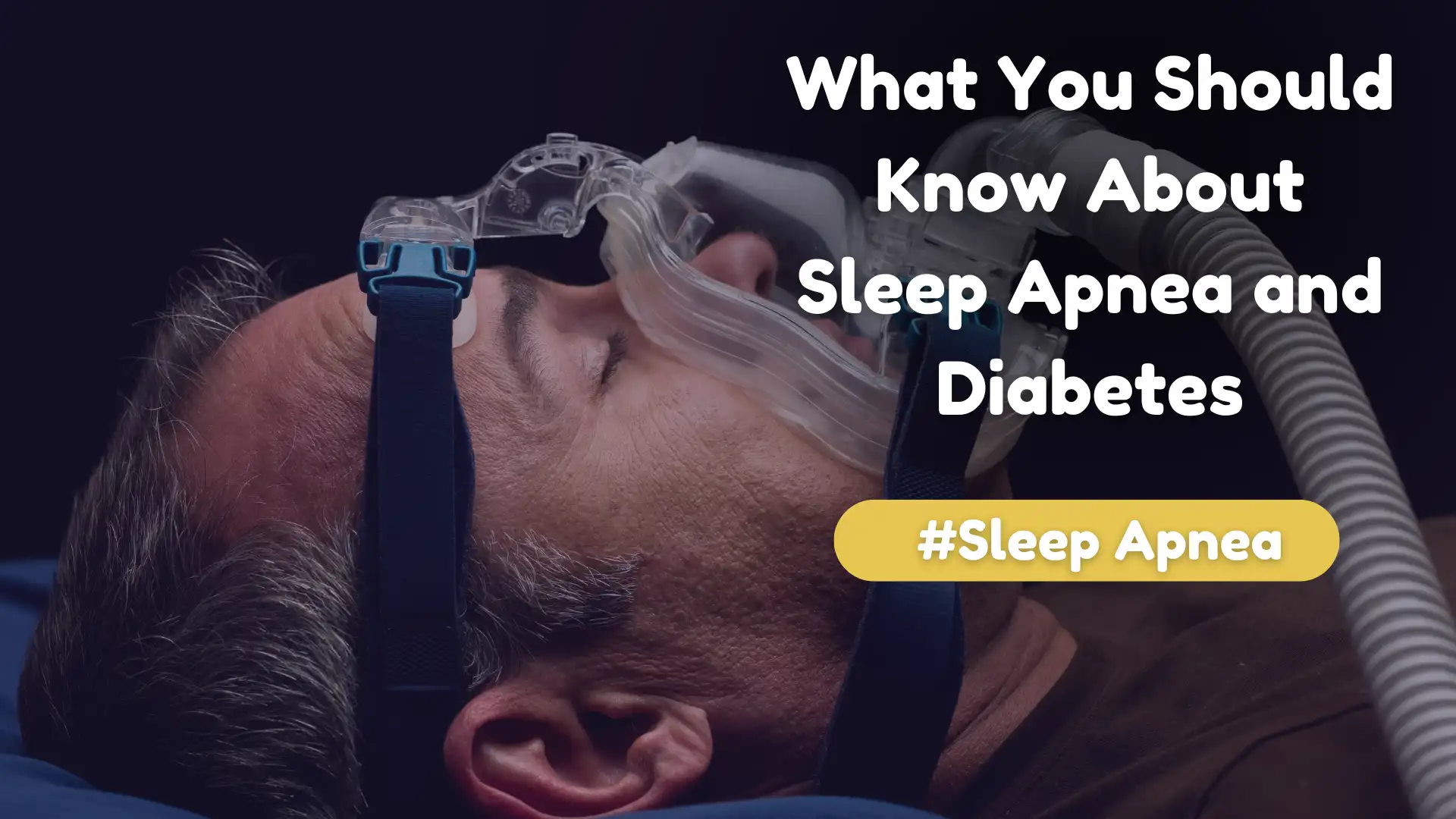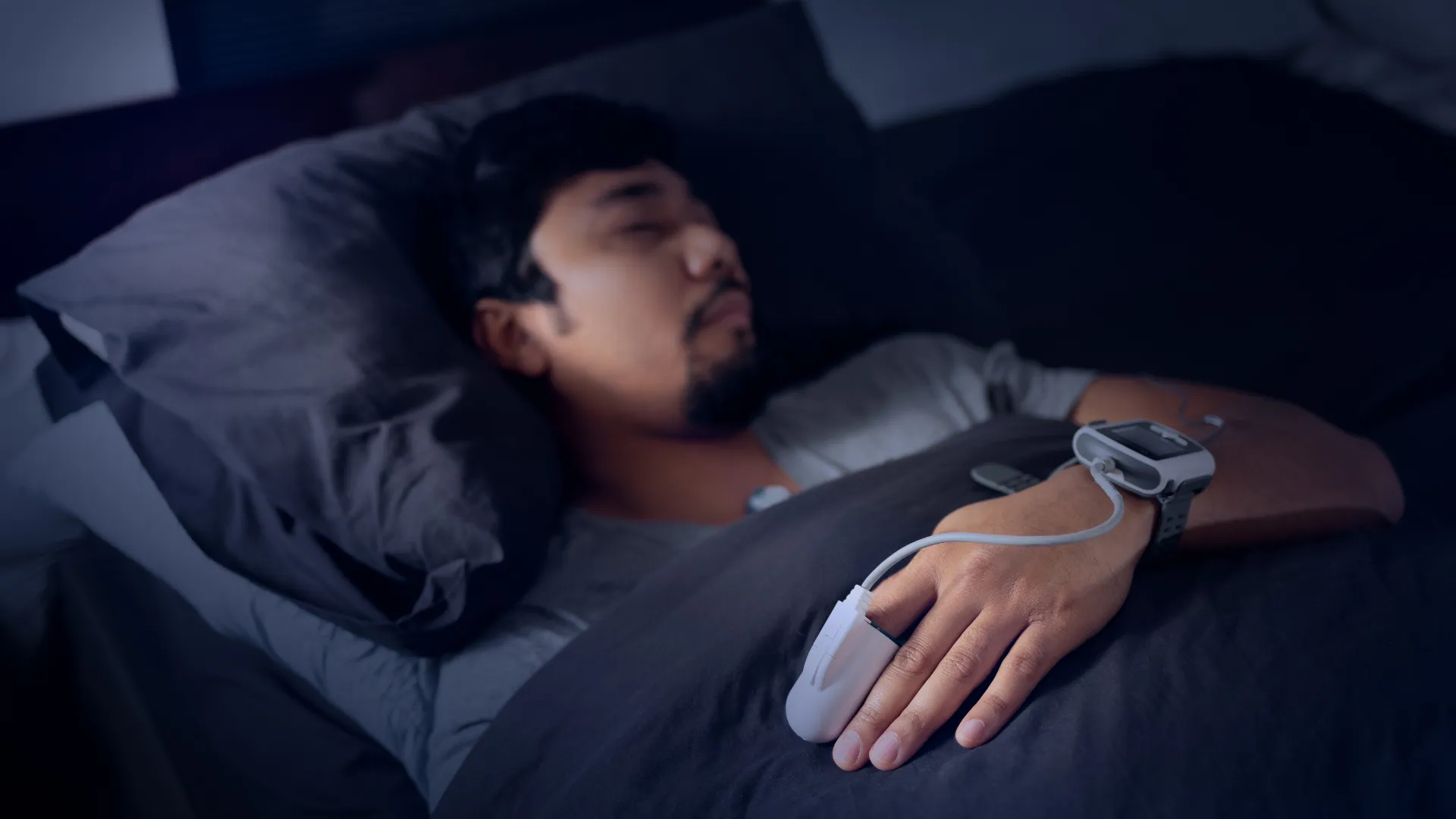What You Should Know About Sleep Apnea and Diabetes
Posted By:
August 15, 2025
9:00 AM


Sleep apnea and diabetes may seem unrelated, but research shows a strong connection between the two. People with obstructive sleep apnea (OSA) are more likely to develop insulin resistance, a significant factor in type 2 diabetes. Interrupted breathing during sleep can also trigger hormonal changes that affect glucose metabolism, making it more difficult for the body to regulate blood sugar levels effectively.
For those already living with diabetes, untreated sleep apnea can make symptoms more difficult to manage. Fatigue, high blood sugar, and restless nights might not just be side effects of diabetes – they could be signs of an undiagnosed sleep disorder.
Understanding Diabetes and Its Connection to Sleep
Diabetes changes the way your body uses glucose, which is the primary source of energy for your cells. If your blood sugar stays too high for too long, it can lead to serious health problems such as nerve damage, heart issues, and long-term inflammation. Most people are aware that diabetes can be managed through medication, a balanced diet, and regular exercise, but sleep is also crucial and often overlooked.
When you don’t sleep well, it can make it harder for your body to use insulin properly. Your body needs deep, steady sleep to keep blood sugar levels in balance. Without it, blood sugar levels can rise and become more challenging to control. This makes it more difficult for people with diabetes to stay healthy.
Obstructive sleep apnea (OSA) is a leading cause of sleep disruption. It causes repeated pauses in breathing during the night, leading to sleep fragmentation and nocturnal hypoxia. Over time, this can lead to decreased insulin sensitivity, elevated blood glucose levels, and an increased risk of developing metabolic syndrome.
Unfortunately, many people do not realize they have OSA. Common signs include loud snoring, waking up gasping for air, or experiencing daytime fatigue despite getting enough sleep. These symptoms should never be ignored, especially for those with existing diabetes or prediabetic conditions.
Diagnosing Sleep Apnea in Diabetic Patients
Because OSA and diabetes often go hand in hand, anyone managing type 2 diabetes should be screened for sleep apnea. This is especially important if you have other risk factors like obesity, high blood pressure, or a family history of sleep disorders.
Some common sleep apnea symptoms include:
- Loud, persistent snoring
- Morning headaches
- Difficulty concentrating
- Irritability or mood swings
- Waking up with a dry mouth or sore throat
In people with diabetes, these symptoms may overlap with the effects of blood sugar fluctuations, making them easier to overlook. But ignoring them can come at a cost.
Left untreated, OSA can worsen existing diabetic symptoms and increase the likelihood of cardiovascular complications. That is why early diagnosis is critical. A simple sleep study can confirm the presence of sleep apnea and help determine the most effective treatment approach.
How Treating Sleep Apnea Helps Manage Diabetes

- Stabilize blood glucose levels
- Reduce insulin resistance
- Improve glucose tolerance
- Decrease inflammation
- Support better cardiovascular health
Many patients are familiar with CPAP therapy, but for some, CPAP machines can feel bulky or uncomfortable. At Silent Night Therapy, we specialize in comfortable oral appliances that treat sleep apnea without needing a machine. These devices are small, custom-fit, and easy to wear while you sleep. They reposition your jaw to keep your airway open, improving airflow and reducing the symptoms of OSA.
For patients with diabetes and sleep apnea, this simple solution can lead to better sleep, fewer health complications, and a higher quality of life overall.
Effective diabetes management requires a full-picture approach. This includes regular physical activity, healthy eating habits, medication when necessary, and adequate, restful sleep. When sleep apnea is treated correctly, it is much easier to maintain stable blood sugar and prevent further losses to your health.
Take the First Step Toward Better Sleep and Blood Sugar Control
If you suspect that sleep apnea is making your diabetes harder to manage, do not wait to get answers. Untreated obstructive sleep apnea can interfere with blood glucose levels and complicate diabetes management. At Silent Night Therapy, we provide comprehensive evaluations and detail-oriented oral appliance therapy, designed to help you breathe better and sleep more soundly, all without the need for a CPAP machine.
Ready to regain control of your sleep and your health? Call (631) 983-2463 or send us a message to schedule your consultation. We are here to help you rest easier and wake up stronger.
Related Posts:
Understanding the Connection Between Obstructive Sleep Apnea and Parkinson’s Disease

